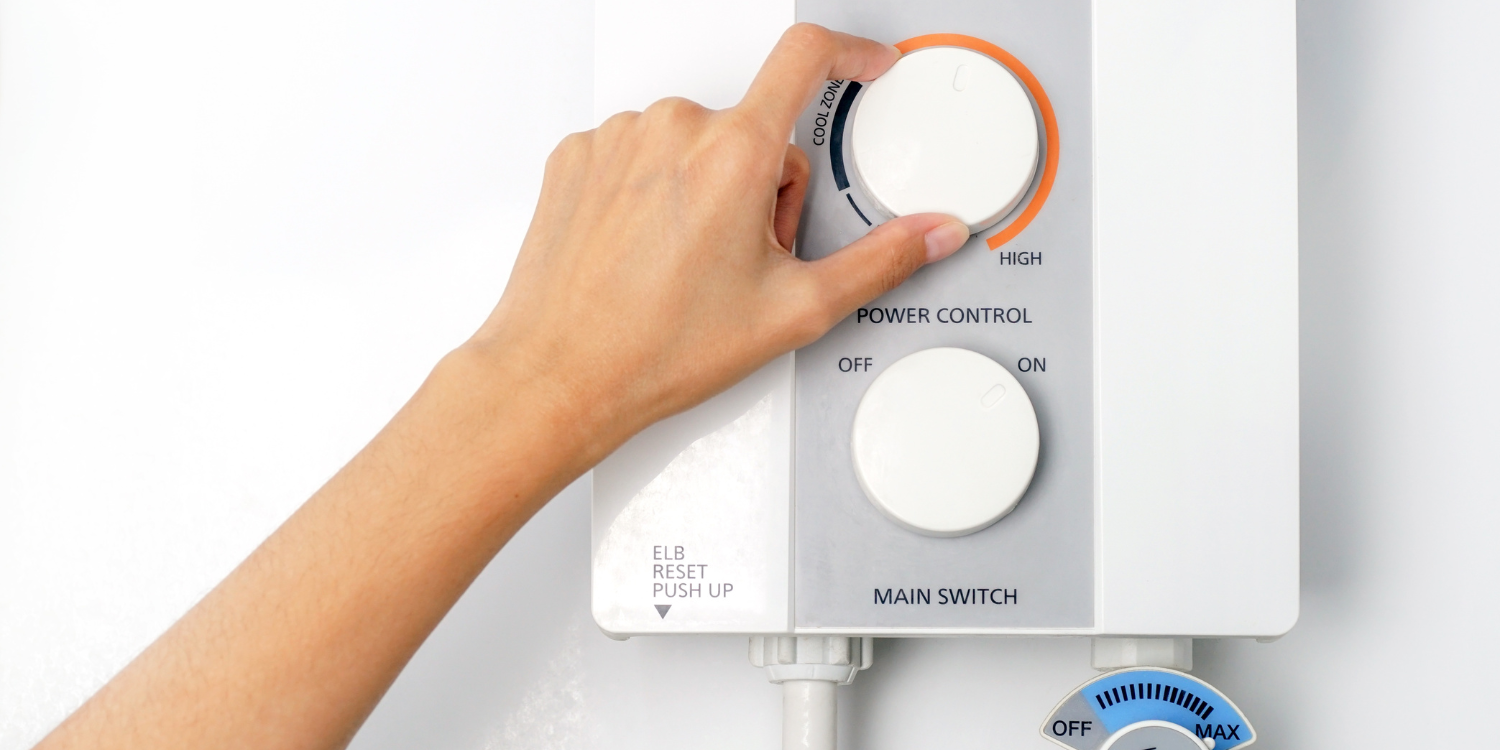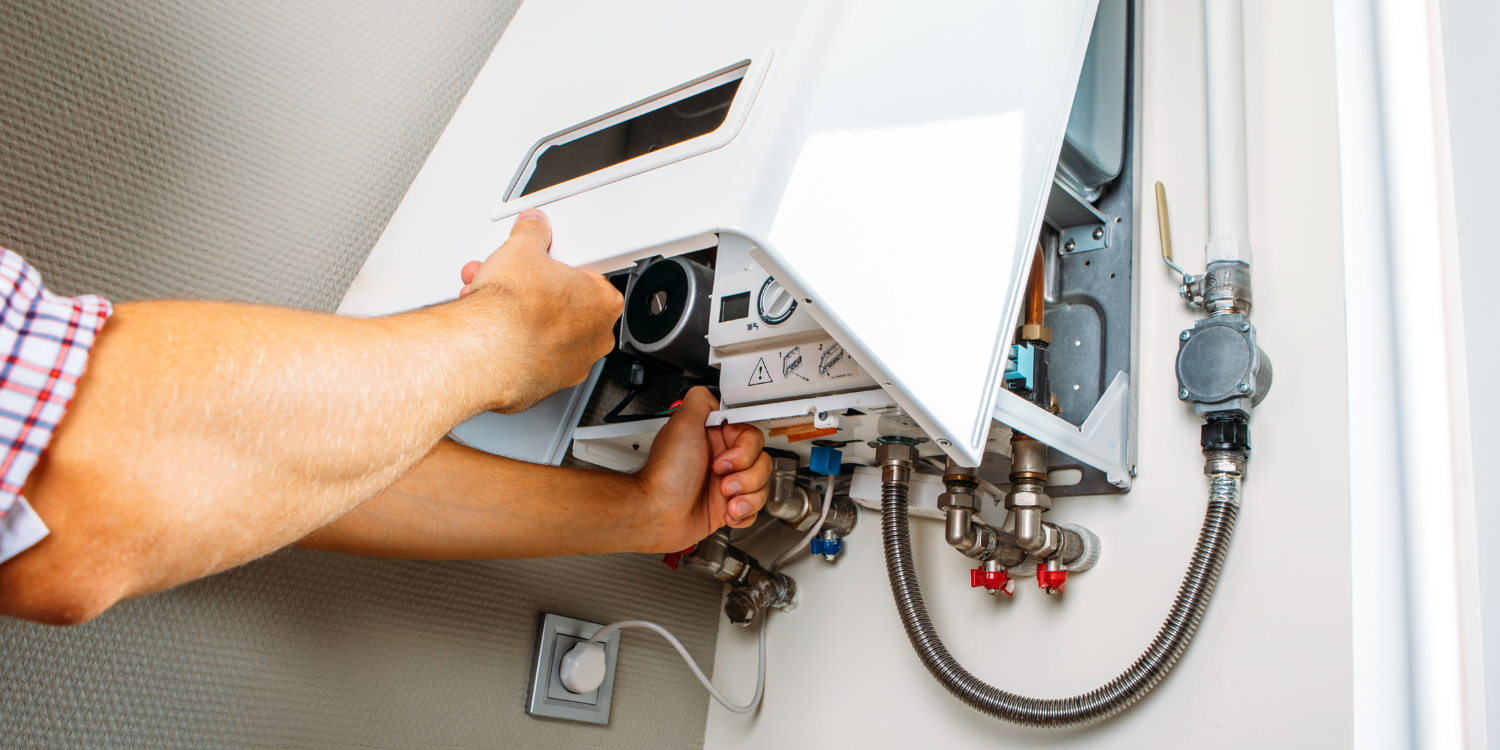Learn how to save with us as we delve into the world of tankless water heaters. This blog will compare the convenience of non-condensing tankless models with their highly efficient condensing counterparts. Discover which heater aligns best with your lifestyle, ensuring your home remains a haven of warmth and efficiency.
What is Tankless Technology?
When it comes to home heating, tankless water heaters represent a significant leap forward, offering both energy efficiency and cost savings. Traditional water heaters constantly heat and reheat water, storing it in a tank until needed. In contrast, tankless water heaters provide hot water on demand, heating it only as it flows through the unit. This fundamental difference not only reduces energy consumption but also provides a continuous supply of hot water, making it a smart choice for environmentally conscious and cost-aware consumers.
Condensing vs. Non-Condensing
When considering tankless water heaters, it’s essential to understand the differences between condensing and non-condensing models.
Condensing tankless water heaters are highly efficient, utilizing a secondary heat exchanger to capture heat from exhaust gases and reuse it, thereby requiring less energy to heat water. This process significantly reduces energy consumption and makes condensing units an eco-friendly option.
On the other hand, non-condensing tankless heaters are simpler in design and less expensive upfront but are less efficient as they don’t recycle the heat from exhaust gases.
Why Go Tankless?
The shift towards tankless water heaters is driven by their numerous benefits. The primary advantage is the provision of on-demand hot water, eliminating the frustration of running out of hot water during peak times. Also, tankless heaters are typically more energy-efficient than traditional tank models, leading to long-term savings on energy bills. They have a smaller physical footprint, saving valuable space in your home. The longevity of tankless heaters is another significant benefit, often outlasting traditional tanks by several years.
Choosing the Right Heater
Selecting the right tankless water heater depends on your specific needs and the potential for long-term savings. For larger households or those with high hot water demands, a condensing heater is often the better choice due to its higher efficiency and lower operating costs over time.
However, for smaller households or those with lower hot water needs, a non-condensing heater might be sufficient, offering a lower initial investment. It’s important to consider factors like the size of your household, usage patterns, and energy savings goals when making your decision.
Making the Smart Choice
Condensing tankless water heaters have gained popularity for their superior efficiency and lower operational costs. Although they may have a higher initial cost compared to non-condensing heaters, the long-term savings in energy bills and the environmental benefits make them a smart investment. These heaters are particularly suitable for colder climates, where their ability to reuse heat from exhaust gases can lead to significant energy savings.
Expert Installation with Dows ClimateCare
Once you’ve decided to transition to a tankless water heater, choosing the right installation partner is crucial. Dows ClimateCare specializes in helping homeowners select, install and maintain the perfect tankless water heater for their needs. Contact us today for your transition to a more efficient, cost-effective, and environmentally friendly water heating system.







